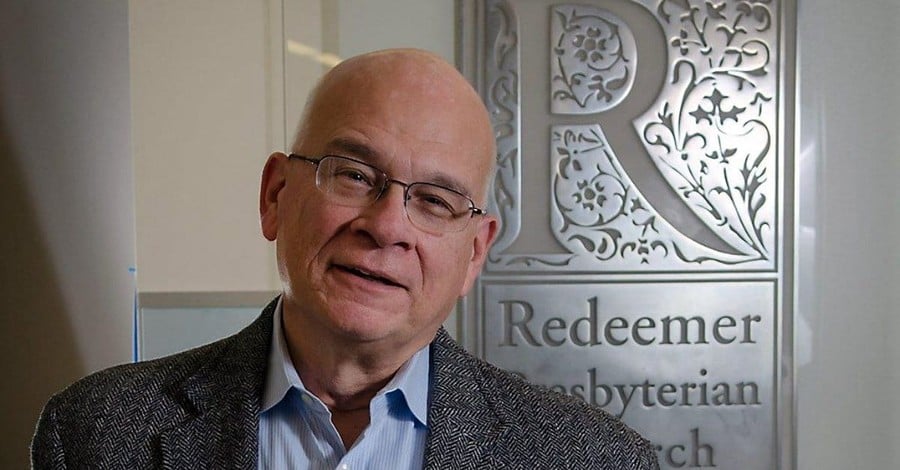(This obituary first appeared at Mere Orthodoxy two years ago today, on May 19, 2023, the day of Tim Keller's entrance into his rest. We are republishing it today because the theme of friendship in the good, so central to Tim's life and work, is a perennial concern as well as being of special interest today as new relationships and friendships form in the years after the evangelical fracturing and the great dechurching. May we all be united in friendship according to truth as we throw open the doors of the church and bring the good news of the Gospel into the world.)
The Road goes ever on and on
Out from the door where it began.
Now far ahead the Road has gone,
Let others follow it who can!
Let them a journey new begin,
But I at last with weary feet
Will turn towards the lighted inn,
My evening-rest and sleep to meet.
Login to read more
Sign in or create a free account to access Subscriber-only content.
Topics:
